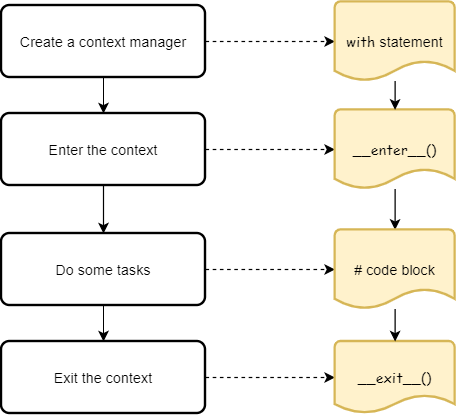

Sometimes you will want to replace occurrences of a substring with a new substring. Remember that the starting position is inclusive, but the ending is not.replace Method
#Python count run time code#
We can then limit the occurrences of fruit between character zero and fifteen of the string, as we can observe in the code below. my_string = "How many fruits do you have in your fruit basket?" count() method to get how many times fruit appears. Note: start and end are optional arguments. count() is very similar to the other methods, as we can observe. In simple words, how many times the substring is present in the string. It returns the number of non-overlapping occurrences. count() method searches for a specified substring in the target string. If any error appears, the except part will be executed, obtaining the following output as a result. my_string = "Where's Waldo?"Ībove, you can observe the syntax. We can handle this using the try except block. index() method raises an exception, as we can see in the output. When we look for a substring that is not there, we have a difference. In the example, we search again for Waldo using. It can take optional starting and ending positions as well. index() method takes the desired substring as a mandatory argument. find() method does not find the substring and returns -1, as shown above.index() Method Syntax string.index(substring, start, end)įrom the above syntax, you can observe that the. In the code, you specify the starting position zero and ending position as six, since this position is not inclusive. Let's see if you can find Waldo between characters zero and five.

If you search for Wenda, it returns -1 since the substring is not found. find() method returns the lowest index in the string where it can find the substring, in this case, eight. In the example code, you search for Waldo in the string Where's Waldo?. You can specify the other two arguments: an inclusive starting position and an exclusive ending position.

find() method takes the desired substring as the mandatory argument. Note: start and end are optional arguments.įrom the above syntax, you can observe that the. If you are looking to find or replace items in a string, Python has several built-in methods that can help you search a target string for a specified substring.find() Method Syntax string.find(substring, start, end)


 0 kommentar(er)
0 kommentar(er)
